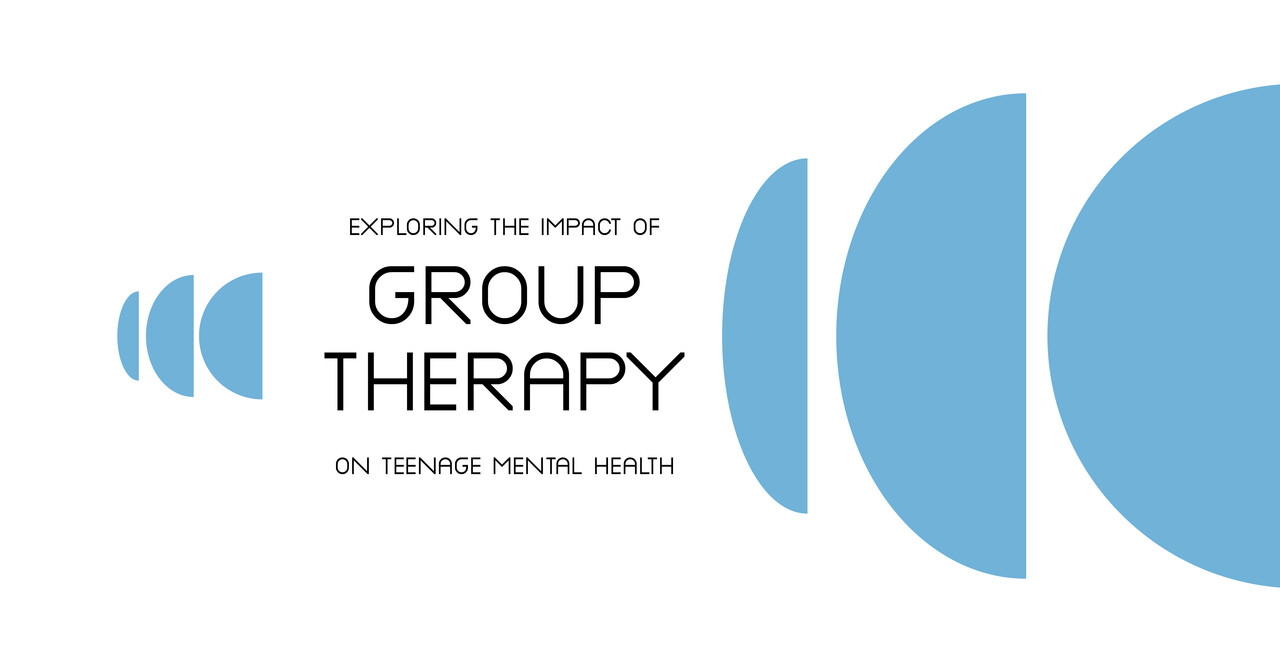Group Therapy for Teens
Group therapy for teens is a powerful tool for addressing the unique mental health challenges adolescents face. By bringing together peers with similar experiences, group therapy fosters a supportive environment where teenagers can share, learn, and grow. This blog explores the benefits, structure, and key aspects of group therapy for teens, answering common questions and highlighting its transformative potential.
What is Group Therapy for Teens?

Group therapy for teens involves structured sessions where adolescents gather in a group setting to work through mental health challenges under the guidance of mental health professionals. These sessions often address issues such as coping skills, self-esteem, peer pressure, and emotional growth.
In teen group therapy, participants engage in activities and discussions designed to improve communication skills, promote self-awareness, and foster personal growth. Therapy sessions typically include activities tailored to the group’s needs, such as art therapy, group discussions, relaxation techniques, and interactive exercises that encourage teamwork and trust-building.
Group therapy settings also offer a unique opportunity for adolescents to witness how their peers navigate similar challenges. This shared experience fosters a sense of camaraderie and mutual support, creating an environment where teens feel less isolated in their struggles. With the guidance of mental health professionals, these interactions provide invaluable lessons in empathy and understanding.
Benefits of Group Therapy for Teens
1. Supportive Environment
A safe and supportive environment is critical for teenagers navigating mental health challenges. Group therapy provides a space where teens feel heard, supported, and understood by their peers and group members. This setting fosters trust and encourages open communication. The presence of mental health professionals ensures that discussions remain constructive and focused on healing.
2. Improved Social and Communication Skills
Group therapy settings help teenagers develop communication skills and learn to express themselves effectively. Through group discussions and activities, teens practice active listening and gain insights into healthy ways to interact with others. This experience is particularly beneficial for adolescents who struggle with social anxiety or lack confidence in group settings.
3. Coping Skills Development
Group therapy sessions focus on teaching teens healthy coping strategies and problem-solving skills. These tools empower adolescents to handle stressors such as academic pressure, peer pressure, and negative self-talk. Additionally, therapy activities like role-playing scenarios and mindfulness exercises equip teens with techniques to manage their emotions in real-life situations.
4. Peer Support and Connection
Teen group therapy provides an opportunity to connect with peers who understand their struggles. This peer support system reduces feelings of isolation and promotes positive mental health outcomes. When adolescents share their stories and challenges, they gain a deeper appreciation of their resilience and the strength of others, fostering a sense of belonging and mutual respect.
5. Increased Self-Awareness and Growth
Therapy activities for teens are designed to enhance self-awareness and promote emotional growth. Engaging in creative methods, such as art therapy or group activities, helps teens discover their strengths and develop a stronger sense of self. These sessions often incorporate reflective exercises that encourage participants to explore their emotions and identify patterns in their behavior.
6. Enhanced Problem-Solving Skills
By participating in group therapy activities, teens learn to approach challenges collaboratively. Problem-solving skills are honed as group members discuss potential solutions to common issues, offering diverse perspectives that can lead to innovative strategies. This collaborative approach not only benefits the individual but also strengthens group cohesion.
How Does Group Therapy Work?

Group Therapy Sessions
Group therapy sessions are typically facilitated by mental health professionals who guide discussions and activities. These sessions can focus on various themes, such as building self-esteem, managing academic stress, or learning relaxation techniques. Sessions often follow a structured format, beginning with a check-in, followed by activities, discussions, and a closing reflection.
Group Members’ Roles
Each group member plays a vital role in creating a cohesive and supportive group. By sharing experiences and participating in therapy activities, members contribute to the overall success of the group. The diversity of perspectives within the group enhances the learning experience, as participants gain valuable insights from one another.
Types of Group Therapy
Process-Oriented Groups: Focus on exploring emotions and interpersonal dynamics. These groups help teens understand their feelings and how they relate to others.
Skill-Based Groups: Teach specific coping and problem-solving skills. These groups are particularly beneficial for adolescents dealing with academic stress or family challenges.
Support Groups: Provide a platform for shared experiences and peer encouragement. These groups emphasize mutual understanding and solidarity.
Who Can Benefit from Group Therapy for Teens?
Group therapy is ideal for teens dealing with mental health conditions, substance abuse, academic stress, or peer pressure. Adolescents who feel isolated or struggle with self-esteem often find solace and empowerment in the group setting. However, it may not be suitable for teens who require intensive individual therapy or those who struggle to engage in a group setting.
Group therapy can also benefit teenagers experiencing challenges with family dynamics. By discussing these issues in a supportive environment, teens gain perspective and develop healthier ways to interact with family members. Mental health professionals may also incorporate family therapy sessions to complement the group’s work.
Why Choose Group Therapy for Teens?

Group therapy offers numerous advantages over traditional talk therapy, particularly for adolescents. The group setting encourages interaction, which is essential for developing social skills and fostering emotional growth. Additionally, the shared experiences in group therapy create a sense of belonging and mutual understanding.
The collaborative nature of group therapy also introduces teens to diverse coping strategies and perspectives. These insights enable them to build a toolbox of healthy coping mechanisms and foster resilience. Furthermore, the group therapy environment provides a real-world context for practicing new skills, enhancing their applicability in daily life.
Common Questions About Group Therapy for Teens
What are the Three Types of Group Therapy?
The three types of group therapy are process-oriented groups, skill-based groups, and support groups. Each type caters to different therapeutic needs, offering targeted approaches to help teens address their challenges.
What Therapy is Best for Adolescents?
The best therapy for adolescents depends on their specific needs. Group therapy, individual therapy, and family therapy are all effective options. Combining these approaches can offer a comprehensive solution for complex mental health issues.
Who is Not Appropriate for Group Therapy?
Group therapy may not be suitable for teens who require one-on-one attention or those unable to engage in a group setting due to severe behavioral issues. In such cases, individual therapy or specialized programs may be more appropriate.
What Age Group is Group Therapy For?
Group therapy is typically designed for adolescents aged 13 to 19, but some groups may cater to younger or older individuals based on their developmental needs. Groups are often segmented by age to ensure participants are among peers with similar experiences.
Conclusion
Group therapy for teens is a transformative approach that equips adolescents with the tools and support they need to overcome challenges and thrive. By fostering a safe and supportive environment during group sessions, promoting self-awareness, and teaching valuable healthy coping skills, group therapy empowers teens to achieve positive mental health outcomes and personal growth. Its emphasis on peer support, collaborative problem-solving, and emotional exploration makes it an invaluable resource for teenagers navigating the complexities of adolescence.










